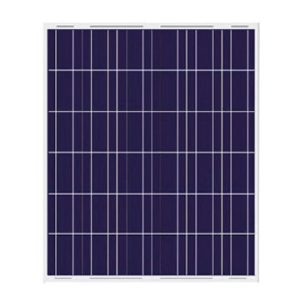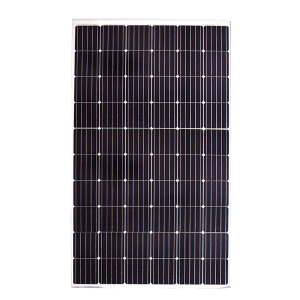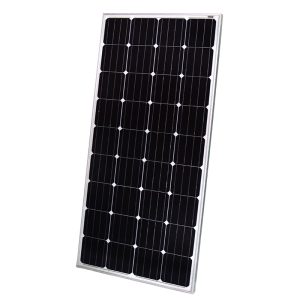Solar panels are a popular choice for homeowners looking to reduce their carbon footprint and save money on electricity costs. One of the key factors to consider when choosing solar panels is the size and power output. In this article, we’ll take a closer look at 400 W solar panels, their size, and what you need to know before making a decision.
What Are 400 W Solar Panels?
400 W solar panels are photovoltaic modules that convert sunlight into electricity. These panels are designed to be high-efficiency, allowing homeowners to generate more power in less space. The higher wattage output of these panels means fewer panels are needed to generate the same amount of electricity, making them ideal for homeowners with limited roof space.
Size of 400 W Solar Panels
The size of 400 W solar panels varies depending on the manufacturer and model. Generally, these panels are between 6 and 7 feet long and about 3 feet wide. The exact dimensions may vary, so it’s important to check the specifications of the panel you’re interested in.
Benefits of 400 W Solar Panels
-
High Power Output: With 400 watts of power output, these solar panels can generate a significant amount of electricity, making them ideal for homeowners with high energy needs.
-
Space-Saving: Since fewer panels are needed to generate the same amount of electricity, 400 W solar panels are space-saving, making them a great option for homes with limited roof space.
-
Cost-Effective: Although 400 W solar panels may cost more upfront, they can be a cost-effective solution in the long run, as they generate more power and require less maintenance.
Considerations When Purchasing 400 W Solar Panels
-
Roof Space: Although 400 W solar panels are space-saving, it’s essential to consider the available roof space before purchasing them. Homeowners should ensure that their roof can accommodate the panels and that any shading is kept to a minimum.
-
Energy Needs: Homeowners should also consider their energy needs before purchasing 400 W solar panels. These panels generate more electricity, making them ideal for high-energy homes, but may not be necessary for smaller households.
-
Manufacturer and Model: When choosing 400 W solar panels, it’s essential to research the different manufacturers and models available. Consider factors such as efficiency, warranty, and customer reviews before making a decision.
Conclusion
400 W solar panels are a high-output, space-saving, and cost-effective solution for homeowners looking to adopt solar energy. However, it’s important to consider factors such as roof space, energy needs, and the manufacturer and model before making a decision. With careful research and planning, homeowners can choose the right solar panels to meet their needs and reduce their carbon footprint.
Here are three popular FAQs with answers related to 400W solar panel size:
What are the dimensions of a 400W solar panel?
Answer: The exact dimensions of a 400W solar panel can vary depending on the manufacturer and model. However, a typical 72-cell, 400W solar panel is approximately 78.7 inches (2000mm) long by 39.4 inches (1000mm) wide. Its thickness may range from 1.5 to 2 inches (38-50mm).
How much energy can a 400W solar panel produce?
Answer: The amount of energy a 400W solar panel can produce depends on various factors, including weather conditions, orientation, and shading. On average, a 400W solar panel can produce around 1600 watt-hours (Wh) per day, assuming it receives 4 hours of peak sun hours in a location with good sunlight.
How many 400W solar panels do I need to power my home?
Answer: The number of 400W solar panels required to power a home depends on the home’s power usage, location, and available roof space. In general, a 400W solar panel can produce around 1600 watt-hours per day. For example, if your home uses an average of 30 kilowatt-hours (kWh) of electricity per day, you would need around 19 400W solar panels to generate enough power to cover your electricity consumption. It is recommended to consult with a solar professional to determine the exact number of solar panels required for your home.



